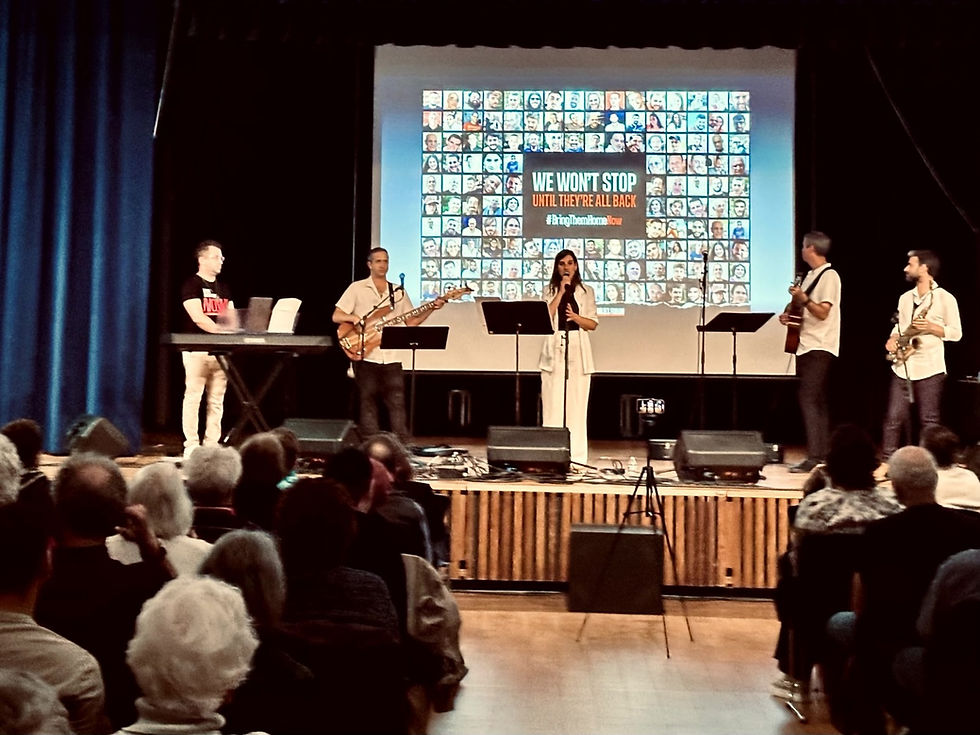Educators Supporting Israel's Agriculture During COVID-19
- Phia-b
- Mar 26, 2020
- 3 min read
Updated: Jan 7, 2021
What are youth educators doing in the fields? Supporting Israel's agriculture during COVID-19
In Israel right now the only people who are allowed to keep going to work are people who are designated as having “essential jobs.” These include medical professionals, law enforcement, supermarket workers… several others. One of these “essential jobs” is agricultural workers, but with so many people in quarantine, others not wanting to leave their homes, no schools/child care, and less foreign workers, many farmers have no workers to tend their fields. In order to keep farms open and running as usual to help the economy and keep up food production, the government is using emergency funds to recruit a temporary agricultural workforce.
My friends and I decided to sign up.
My friends and I are olim from America, Australia and England. We made aliyah 5-7 years ago and have been navigating the world of being olim together ever since. We all agreed we were ready for a change of scene, and since we all live together (and therefore couldn’t infect each other more than we already have) we decided early on a Wednesday morning to load up into a car and drive to Kfar Bin Nun about 30 minutes from our home in Jerusalem.
We were greeted by Alon, who was in charge of us while we were on his farm. He was not who I was expecting to see as a farmer; he was young, wearing a kippa and had long black payes. He runs a small organic farm, but still needed all the help he could get. He was taking the government’s health directives very seriously: asking us to work 2 meters apart from each other, making sure his other workers were working far away from us… things like that. He said he wasn’t sure we would come it’s a hard time to choose to leave home. We agreed but also said that we were happy to come help and he got us started weeding the potato patch. We expressed that we were only able to work for about 4 hours but would get as much done as we could, to which he responded “lo aleicha hamlacha l’gmor” - a quote from the ancient Rabbi Tarfon. The full quote being “you are not obligated to complete the work, but neither are you free to desist from it.” We chuckled; a fitting quote for these times.
The work was more physical than I was used to and I got stung by more nettles than I thought existed but enjoyed it nonetheless. I thought of the youth who made aliyah together from various places to build the State and worked the fields together too. I wondered if they (like us) were playing games and laughing throughout. I thought about the volunteers who came from the US and Europe to volunteer in kibbutz fields and factories during the 1967 and 1973 wars to replace all the workers called up to reserve army duty. I’m sure they weren’t taking pictures like we were, but if they could I’d like to think they would.
There was also something so serene about the experience - the field was quiet and empty but for us. We couldn’t hear anything around us. It was a lovely day (after all the rain we’d been having) and we were together. There was no way of actually knowing there was a global pandemic and the world was full of fear and uncertainty… there was just us and the potatoes.
One by one we pulled the weeds out of the potato patch… and one by one we tackled the problems of this pandemic that faced us. Together.
“Lo aleicha hamlacha l’gmor- v’lo ata bein chorin l’hibatel mimenah”









Comments